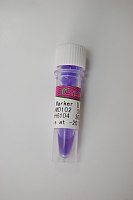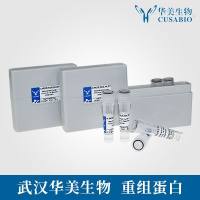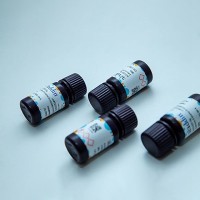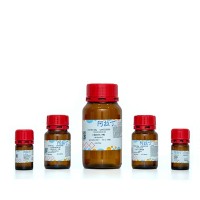DNA Sequencing in Noncovalently Coated Capillaries Using Low Viscosity Polymer Solutions
互联网
互联网
相关产品推荐

D15000分子量标准(D15000 DNA Marker)
¥100

Recombinant-Cricetulus-griseus-Transmembrane-emp24-domain-containing-protein-2TMED2Transmembrane emp24 domain-containing protein 2 Alternative name(s): COPI-coated vesicle membrane protein p24 p24 family protein beta-1; p24beta1
¥10388

IL-2重组蛋白|Recombinant Human IL2 Protein, Low Endotoxin
¥780

标准黏度液,Kinematic viscosity (20 ℃): 5 mm ²/ s,阿拉丁
¥762.90

Nafion™ 全氟化树脂 溶液(D521CS),31175-20-9,Polymer Content:5.0-5.4%,Water Content:42-48%,VOC Content:47-53%,Total Acid Capacity:0.95-1.03meq/g,阿拉丁
¥567.90
相关问答

